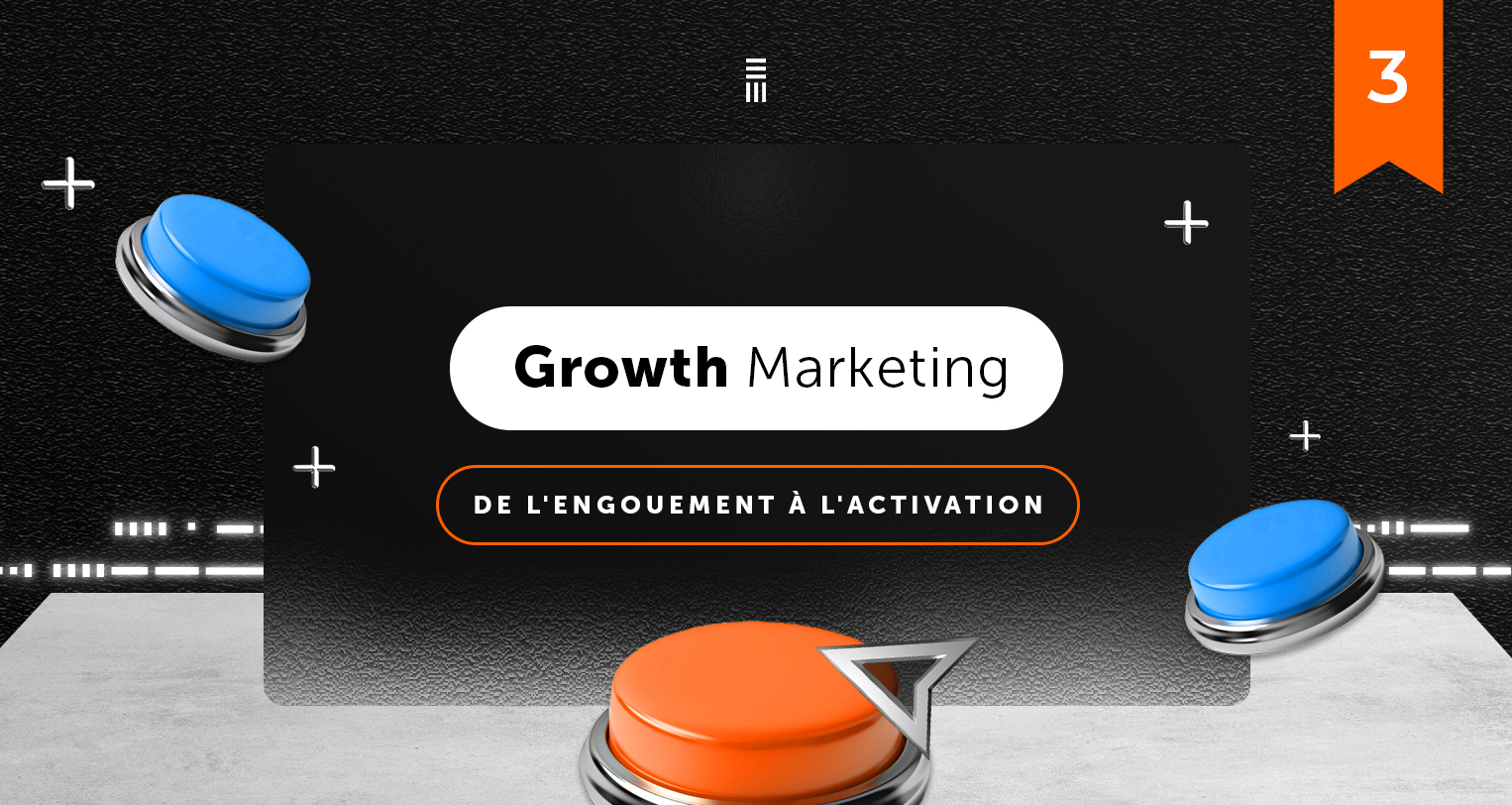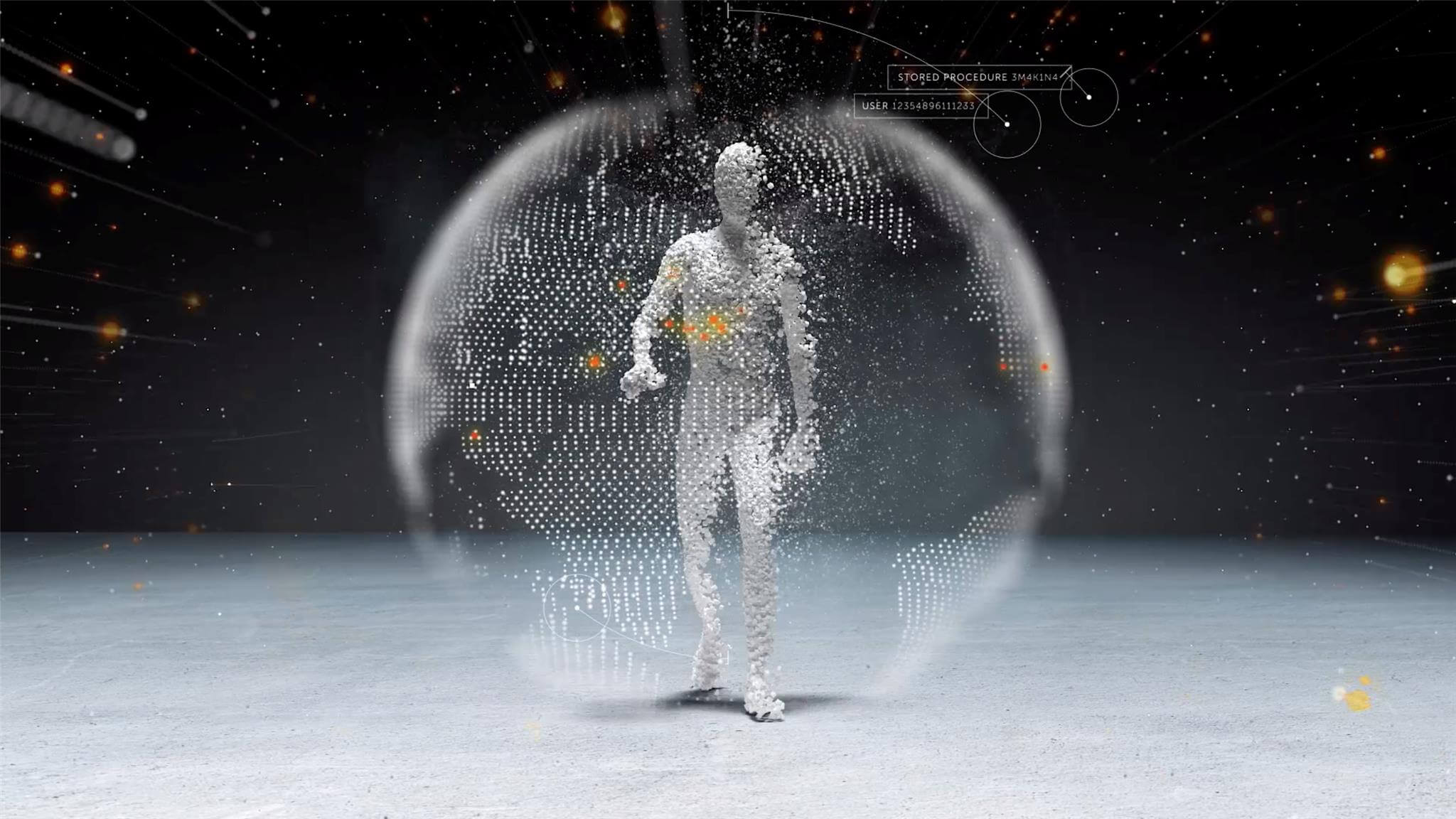Make the Wow Factor Great Again!
A man wearing a black turtleneck once said: ‘Any sufficiently advanced technology is indistinguishable from magic.’ That man was actually quoting British science fiction writer Arthur C. Clarke’s third law, who was as right in 1973 as he is today. This is why so many scientists, engineers, designers, inventors and digital agencies, among others, strive to come up with the next great idea, giving way to the next best thing that will be all over the news and push so many people in debt – because they MUST HAVE IT, no matter the cost.
That’s the power of the WOW factor. Well, it used to be.
Ever since Moore’s law became a reality, then became obsolete as technology exponentially progressed faster than he predicted, humanity has witnessed increasingly more dazzling technological advances. Video games and personal computers amazed privileged users, before getting cheaper and cheaper until they became usual household stuff. Computers shrunk so much they now fit into our phones, which harness far more computational power than was necessary to go to the moon.
When the Game Boy first came out, the way it turned crowds of kids – and some of their parents – insane led us to believe we would all live on Mars within 30 years. Looking back at anticipation and science-fiction literature from less than 40 years ago illustrates this very clearly: all technological breakthroughs, and the gadgets they give birth to, make us believe the future will come sooner and be more magical than we ever dared hope.
Recently, both the iPhone and the iPad WOWed the world when they were first released, and have been emulated by the competition ever since, leading to a revolution in the way we use our phones (and other devices), earning them a new name: smartphones.
Amazon has also amazed the public, though without reaching the same influence as Apple (yet), with both the smart speaker Echo, which allows you to act as your family’s own resident-DJ via vocal interactions, and can also manage home automation systems; and with Amazon Go, offering shoppers a cashier-free shopping experience, yet another user experience could be changed forever.
The Tesla Autopilot has made a huge impression on all the lucky people who experienced it. And though they’re very new and only time will tell whether they encounter success with the masses, Magic Leap and Microsoft Hololens are among the very promising projects that are expected to deliver incredible user experiences in a very close future (we had the chance to try out the developer version of the Hololens, and it’s AMAZING).
But we’re also often wrong – very wrong – when we try to invent the next big thing. One of the reasons for this is the WOW overkill. When the iPhone came out, every tech company wanted a piece of the game, and failed. Not because they didn’t have the technology, but mainly because they forgot something essential: tech can only give you chills and thrills when it’s applied in fun and innovative ways. When those two factors aren’t reunited, the deception is almost guaranteed. And we became such WOW addicts to that we create the conditions for our own disappointment, and the end users’ disdain and disinterest. We lose focus of the utility, of the pleasure, of the relevance and of the innovation that is necessary to move people. To make them save money in order to be able to afford something they really want (and, ideally, need). To make them trust us as creators of beautiful user experiences.
This is what happened to the likes of Sprout, Kinect, Google Glass, to the ‘too-soon-but-nice-tries’ that are Microsoft’s Tablet PC and PixelSense, as well as so many other attempts that failed to deliver on the beautiful promises they made.
People get bored and cynical,
like when you put too many GIFs in a blog post…
We need to see these failed attempts as a way to learn from experience instead of trollingly bashing their creators. One of the lessons these failures offer is that we should focus on offering great user experiences that add value to people’s lives and to brands’ identities instead of trying too hard to impress everyone by writing our names in geek history.
When we lose touch of what people want, of what they need and of what they deserve, we usually miss the point. That’s the very simple law of the user-centric world we now live in.
Voir nos derniers articles de blog
Voir tous les articles de blog-
Recommandation – comment construire des boucles de recommandation et transformer vos meilleurs clients en ambassadeurs de marque
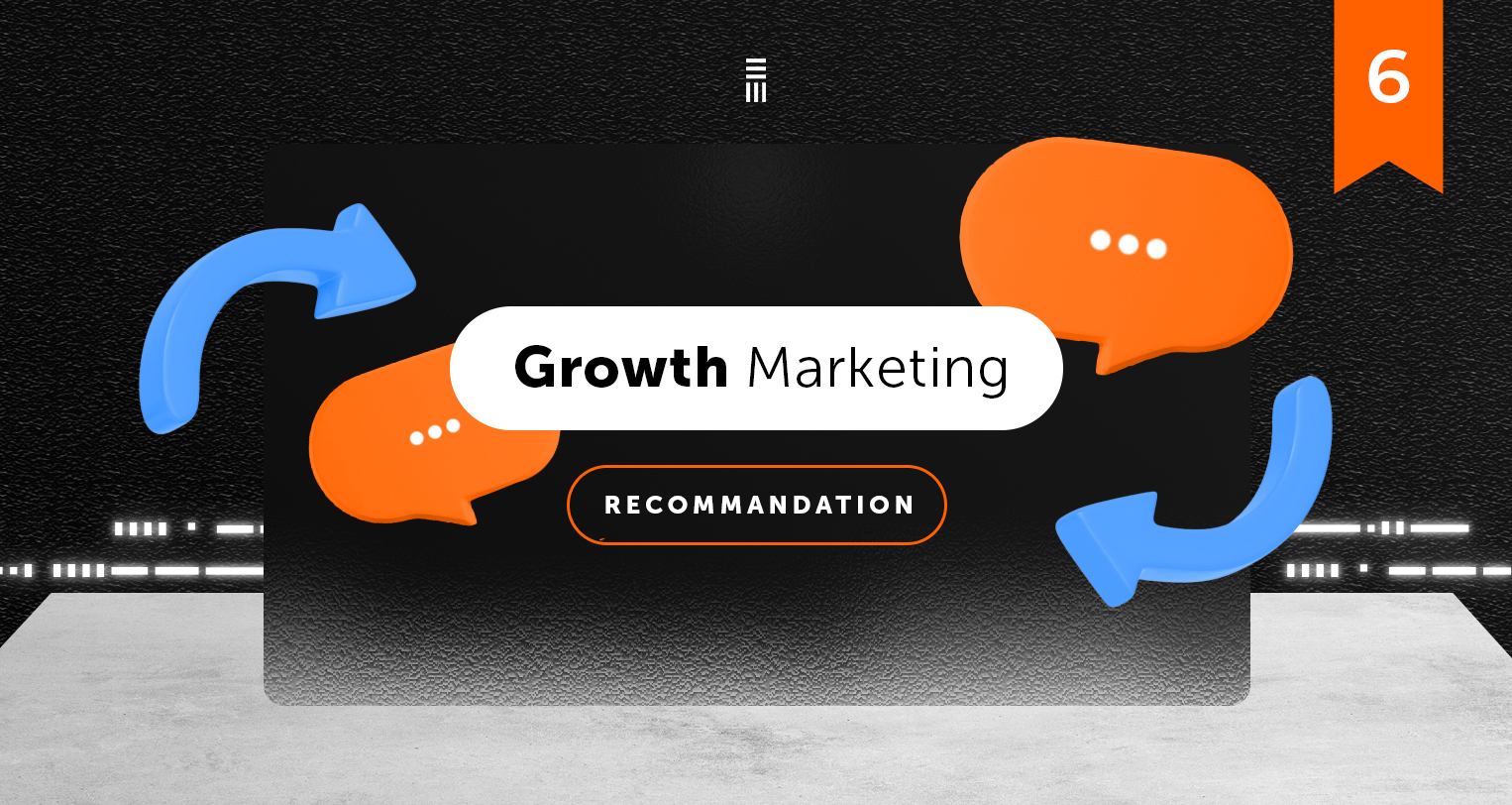
-
Revenus : Comprendre la valeur à vie de vos clients
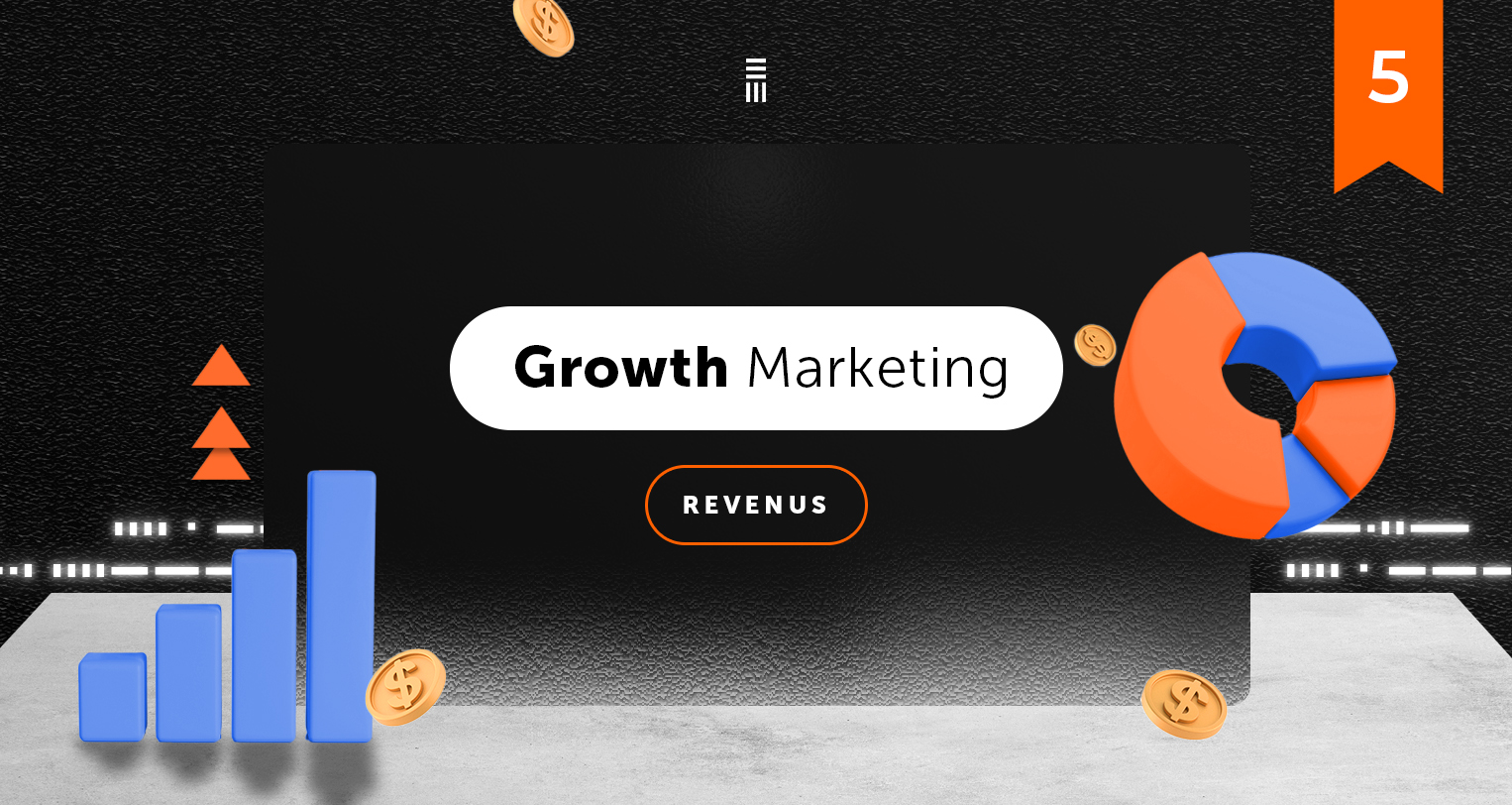
-
Fidélisation – comment construire un modèle de fidélisation efficace et réduire le taux d’attrition
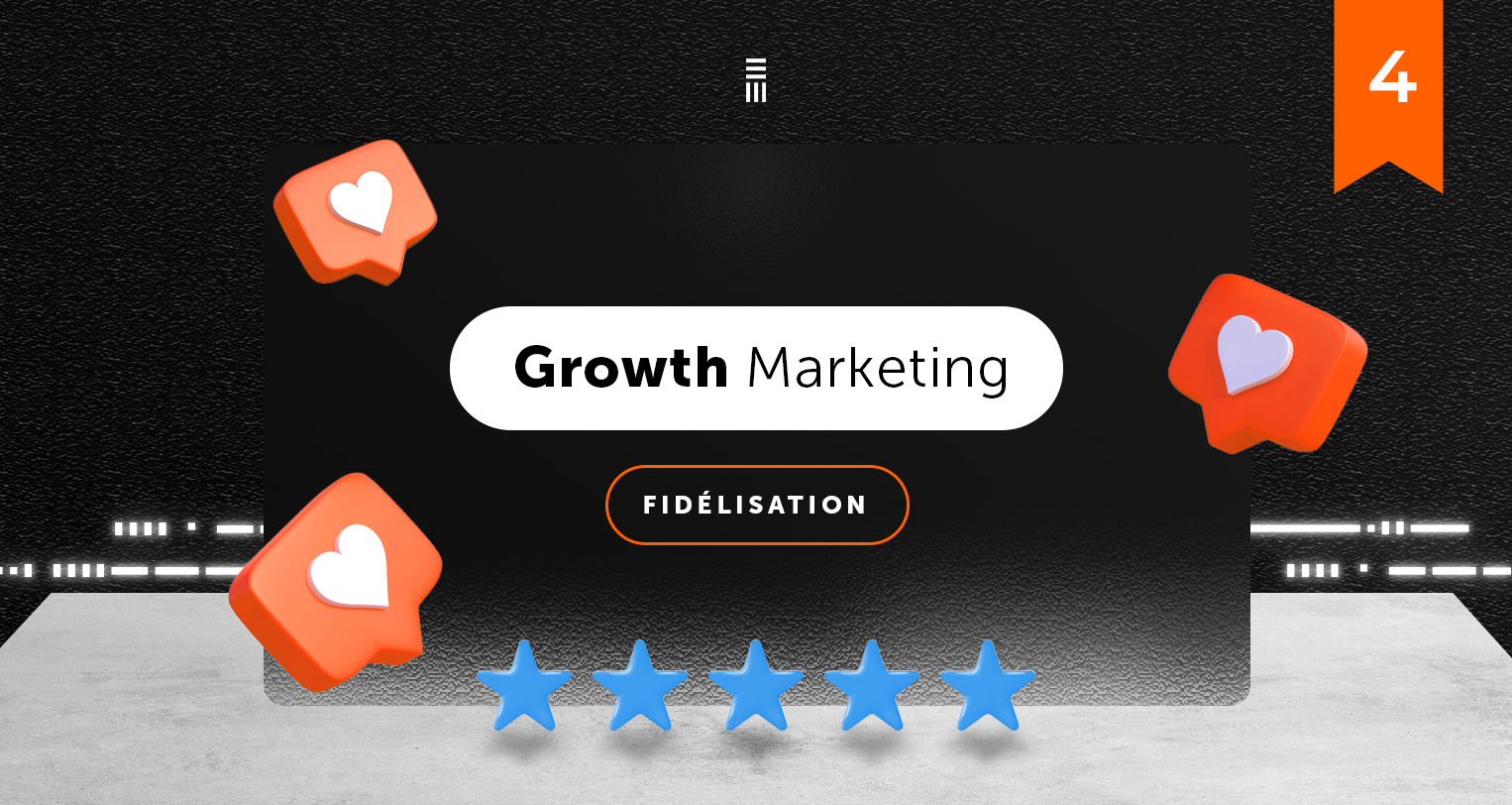
-
3 étapes pour faire passer vos utilisateurs de l’engouement à l’activation
